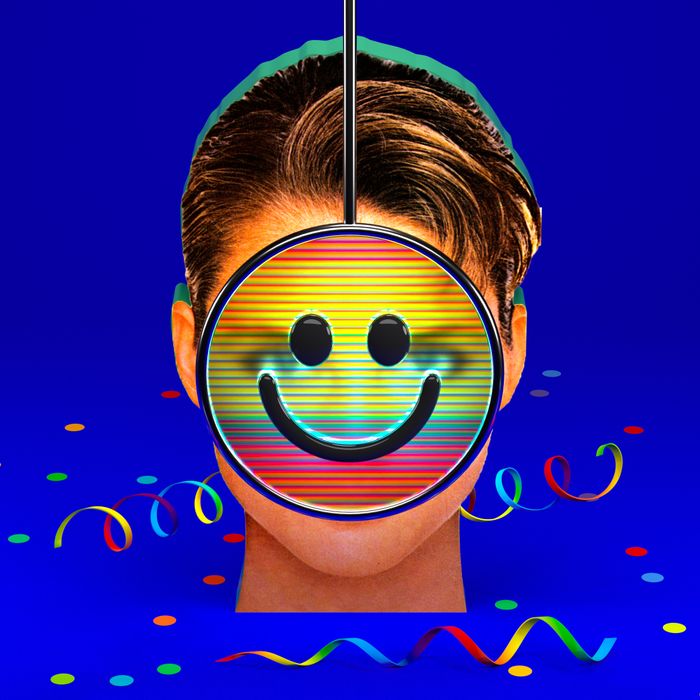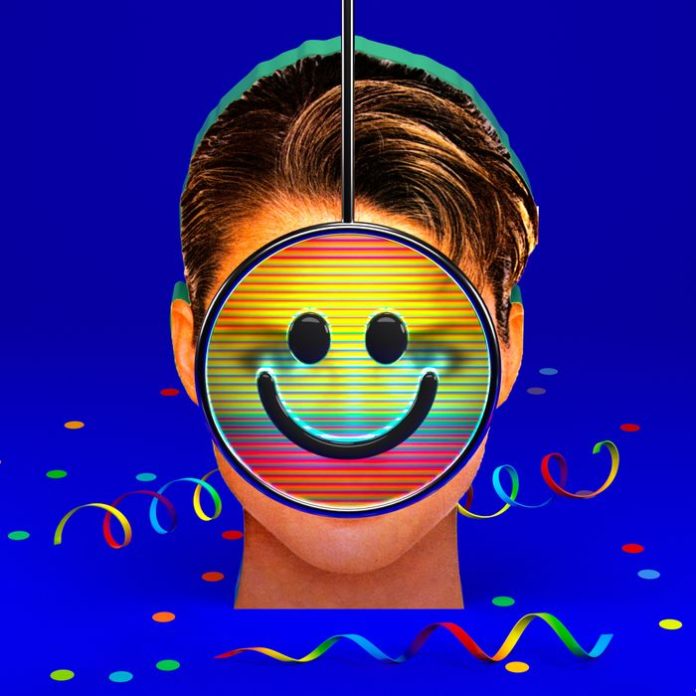
¡Hola, Papi!
First of all, happy Pride! Second of all, it’s that time of year when I feel like a fake gay person. It’s not even that I haven’t been in a gay relationship (I am a woman, and my most recent ex is another woman), but I just feel like I don’t act the same as the gay people around me.
Maybe it’s because I don’t know the struggles of being closeted. By the time I even started thinking about my sexuality, I had a big group of queer friends and have never had homophobic parents. I work, and have always worked, in an industry that is open about this sort of thing, so financial security hasn’t been a concern, either.
Maybe it’s because, despite being mostly interested in women in real life, I usually form strong emotional attachments to celebrity and fictional men (think “person who has a mini-shrine to a K-pop boy”). I feel like I just don’t have the same feral reaction to women that my other friends do, and I end up feeling out of place.
I started thinking about this more after watching Heartstopper and felt so disconnected from the core of that show I briefly wondered if maybe I was a straight person in gay cosplay. Anyway, any advice or thoughts on how to deal with this feeling of being an impostor gay would be appreciated.
Signed,
Fake Gay
Hi there, Fake! Happy Pride to you as well.
After years of receiving this letter in various forms and having plenty of time to ponder its source, I’ve reached a few conclusions I’d like to share. We are, of course, talking about personal identity here, so if any of these conclusions don’t serve you, feel free to file them directly to your spam folder.
What I’ve noticed is a real hunger for some nebulous point of authority, be it a Netflix show, a Twitter community, or a flag, to give the rubber stamp of approval on one’s identity. There is, I think, an anxiety of non-belonging pervading our community at the moment. It seems a good number of us are shaking in our Dr. Martens, waiting to be exposed as frauds.
There are many factors at play. I think a big one is social media, on which we are encouraged to taxonomize ourselves to “find our people” in a digital sea of profiles, to add every single micro-label to our bios, and, indeed, to come to think of ourselves in the context of a bio: I am this, this, and this. If you are that, do not interact!
The internet also encourages us to perform those identities once we’ve added them to the public project of ourselves, as a magpie adds trinkets to its nest. It incentivizes us to spout things like “Bi girls with chronic anxiety and IBS all own that one pair of pants,” to which one may feel inclined to respond, “I feel called out,” or something.
A major off-line factor, I believe, is the general alienating nature of living in this, Our Crumbling Society™. I think we feel distant from one another, distant from ourselves, and we’re frustrated. In a hyperindividualist culture, we’ve likely internalized the belief that the key to success is individualism itself. This can trouble the process of finding, and then feeling, at home in a community, something most of us want so desperately.
And so, Fake, what I see in your letter is a common dilemma, a crisis of solipsism: Everyone else is being their fearless, authentic selves, and I am not like them. Everyone else is on the same page, moving like a school of fish to mutually understood marching orders, flicking here, then there, in perfect harmony, and I am outside that harmony.
But perception isn’t necessarily reality. You don’t actually know that those queers are moving in perfect lockstep. The idea that this community, of all communities, has any kind of working consensus on anything is laughable. This shit is like herding cats, if all the cats were hopped up on Four Lokos and had wings and could fly somehow. You are imagining a monolith because you’re insecure in yourself.
Also, I don’t understand when or why so many of us decided that approval of some kind is what’s required here when disapproval is what led us to build this lovely burning house of ours. Is that not kind of corny? Isn’t rejection kind of punk? Are we really considering ourselves impostors until Hulu gives each and every member of our community their own limited series? Or is querying naïve?
In any case, Fake, none of this is to dismiss your feelings. I understand! It sucks to feel like you’re not “something” enough, and I don’t mean to belittle the people out there on the internet who are figuring things out and coming up with new words and terms for themselves (I value my life).
But ultimately, no two queer people have the same story, the same journey, or the same tastes. That’s true of people who aren’t queer, too. Yes, cliquishness exists, and, frankly, the slang moves so quickly that there are days when I look at Twitter and wonder if I am too out of the loop to be a homosexual.
In the end, though, I think you should worry less about whether you’re “gay enough” and more about doing gay stuff you enjoy. Cogito, ergo gay, as prominent flamer René Descartes once said. No one here has the power to take your gay card away, and even if they did — honestly, doing unlicensed gay stuff is kind of chic. Very classical. Very Sappho.
Community isn’t something you are; it’s something you engage in. It’s like a house in which you find people you like and people you don’t, people who are similar to you and people who are different; in which you have certain obligations to one another in good times and bad; in which you will be frustrated and delighted, helped and hurt.
It’s not about acting the same way or liking the same things. Or if it is, then consider this my resignation letter. ¡Adios, Papi! to hit bookshelves in June 2023 (still during Pride Month, for marketing purposes).
Con mucho amor,
Papi
Originally published on June 3, 2022.
This column first ran in John Paul Brammer’s Hola Papi newsletter, which you can subscribe to on Substack. Purchase J.P. Brammer’s book Hola Papi: How to Come Out in a Walmart Parking Lot and Other Life Lessons here.








